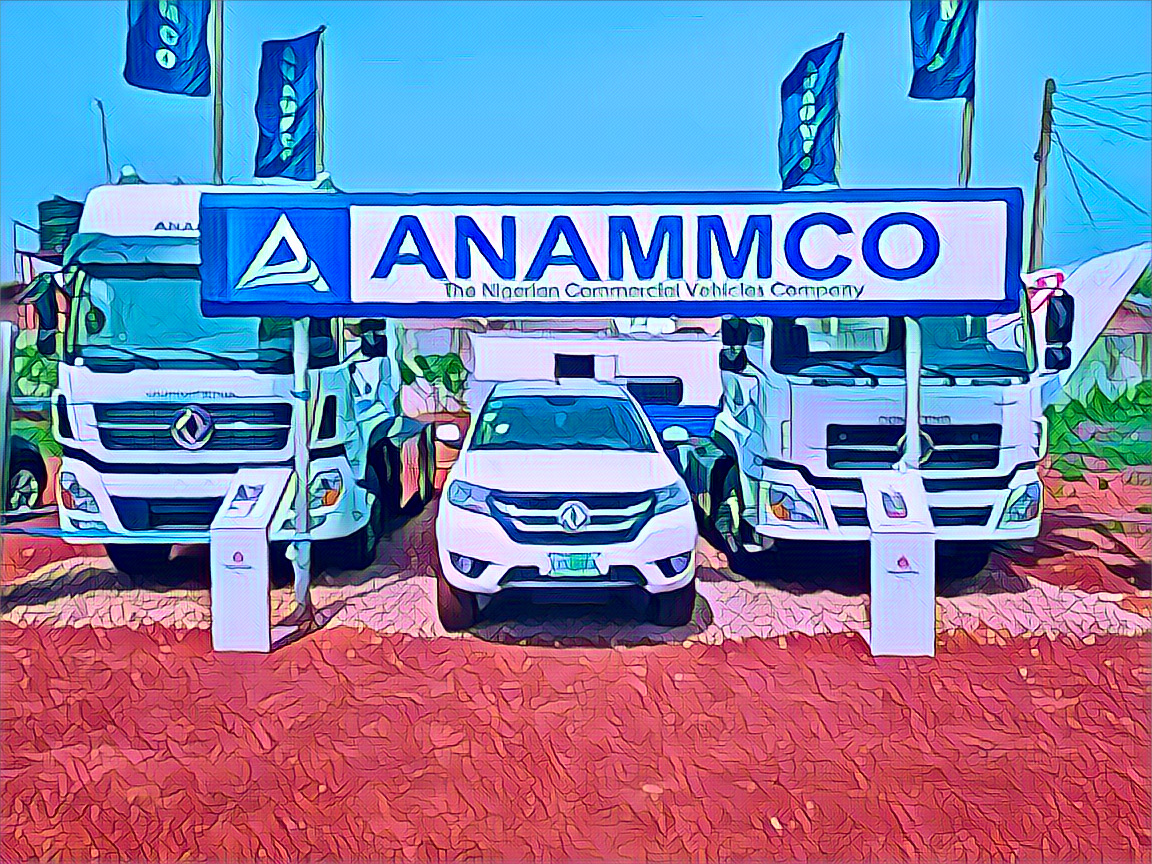The Anambra Motor Manufacturing Company (ANAMMCO) is urging Nigerian authorities and corporations to prioritize locally-produced vehicles. This move aims to create jobs and stimulate the country’s economic growth. ANAMMCO argues that choosing Nigerian-made trucks offers a win-win situation, benefiting both the economy and businesses themselves.
Durable Trucks Built for Nigeria
ANAMMCO emphasizes that their trucks are specifically designed for Nigerian roads, fuel availability, and economic realities. They highlight several key features that differentiate their vehicles from imported options.
- Durability: ANAMMCO trucks are built to withstand the rigors of Nigerian roads, notorious for potholes, uneven surfaces, and overloading. The company uses robust materials and engineering practices to ensure their trucks can handle the demands of heavy-duty transportation across the country.
- Fuel Efficiency: Considering the high cost of fuel in Nigeria, ANAMMCO prioritizes fuel efficiency in their truck designs. They incorporate technologies and engine optimizations that reduce fuel consumption, lowering operating costs for businesses.
- Affordability: ANAMMCO recognizes the importance of price competitiveness in the Nigerian market. They strive to offer high-quality trucks at reasonable prices, making them accessible to a wider range of businesses. This affordability allows smaller and medium-sized enterprises to participate in the growth of the transportation sector.
- Locally-Sourced Parts: ANAMMCO prioritizes the use of locally-sourced parts whenever possible. This approach reduces dependence on foreign imports, strengthens the domestic supply chain, and potentially creates additional jobs within the manufacturing sector.
Boosting Employment and Local Production
General Manager Chinelo Igwe addressed a news conference at the ongoing Enugu International Trade Fair. She argued that increased patronage of locally-made vehicles would lead to higher production volumes and significant job creation. This, in turn, could help reduce crime, particularly among young people, by providing them with viable employment opportunities.
“Imagine the impact on youth unemployment if more companies in Nigeria choose ANAMMCO trucks,” Igwe said. “The increased production would necessitate expanding our workforce, creating a ripple effect that benefits the entire economy.”
ANAMMCO collaborates with Dongfeng, a leading Chinese automotive manufacturer, to produce light, medium, and heavy-duty trucks. This partnership allows them to leverage Dongfeng’s expertise while adapting the designs to the specific needs of the Nigerian market.
The company offers a one-year warranty on their trucks, demonstrating confidence in their product quality. Additionally, through a partnership with GUO Motors, ANAMMCO has established service workshops and readily available parts across all 36 Nigerian states. This extensive service network ensures that businesses receive prompt and reliable maintenance and repairs for their ANAMMCO trucks, minimizing downtime and maximizing productivity.
Endorsement for Quality and Affordability
Uche Uba, Director-General of the Enugu Chamber of Commerce, praised ANAMMCO’s long-standing reputation for producing high-quality, durable vehicles. He commended them for offering international standards at competitive prices within Nigeria.
“ANAMMCO trucks have been a mainstay on Nigerian roads for decades,” Uba said. “They are known for their reliability and ability to handle tough conditions. The fact that they are available at a competitive price point makes them an attractive option for any business looking to invest in a reliable and cost-effective transportation solution.”
“These trucks are the best in terms of management, affordability, and serviceability,” Uba said. ANAMMCO’s appeal for increased domestic support aims to strengthen the Nigerian manufacturing sector and create a more self-sufficient economy. By choosing locally-made ANAMMCO trucks, businesses not only benefit from the aforementioned advantages but also contribute to national development by fostering job creation and economic growth within Nigeria.
Source: Punch


